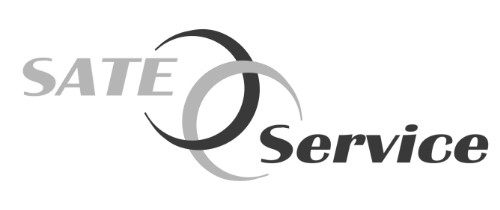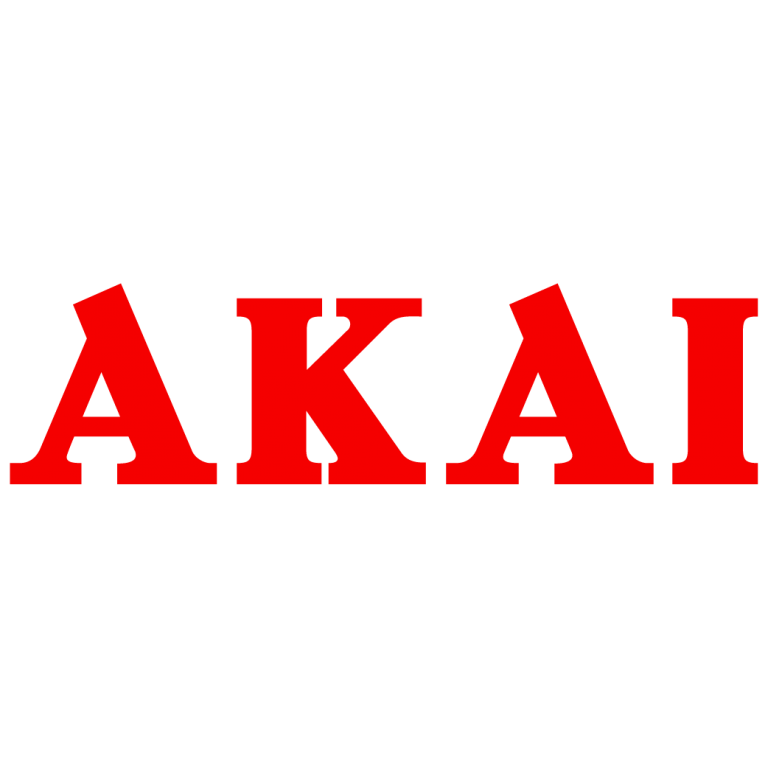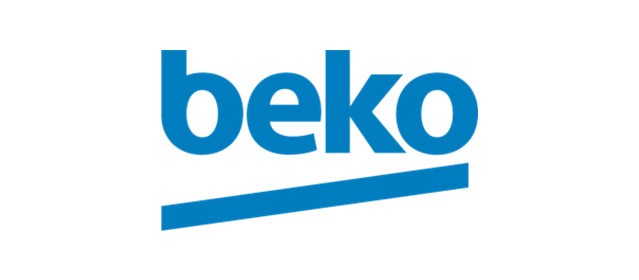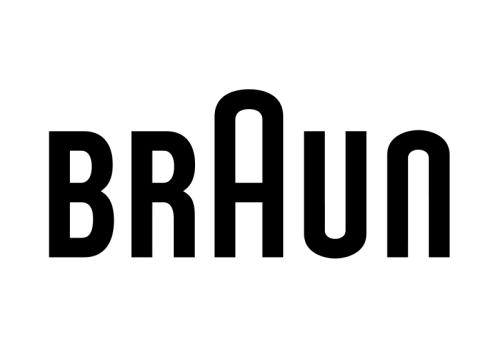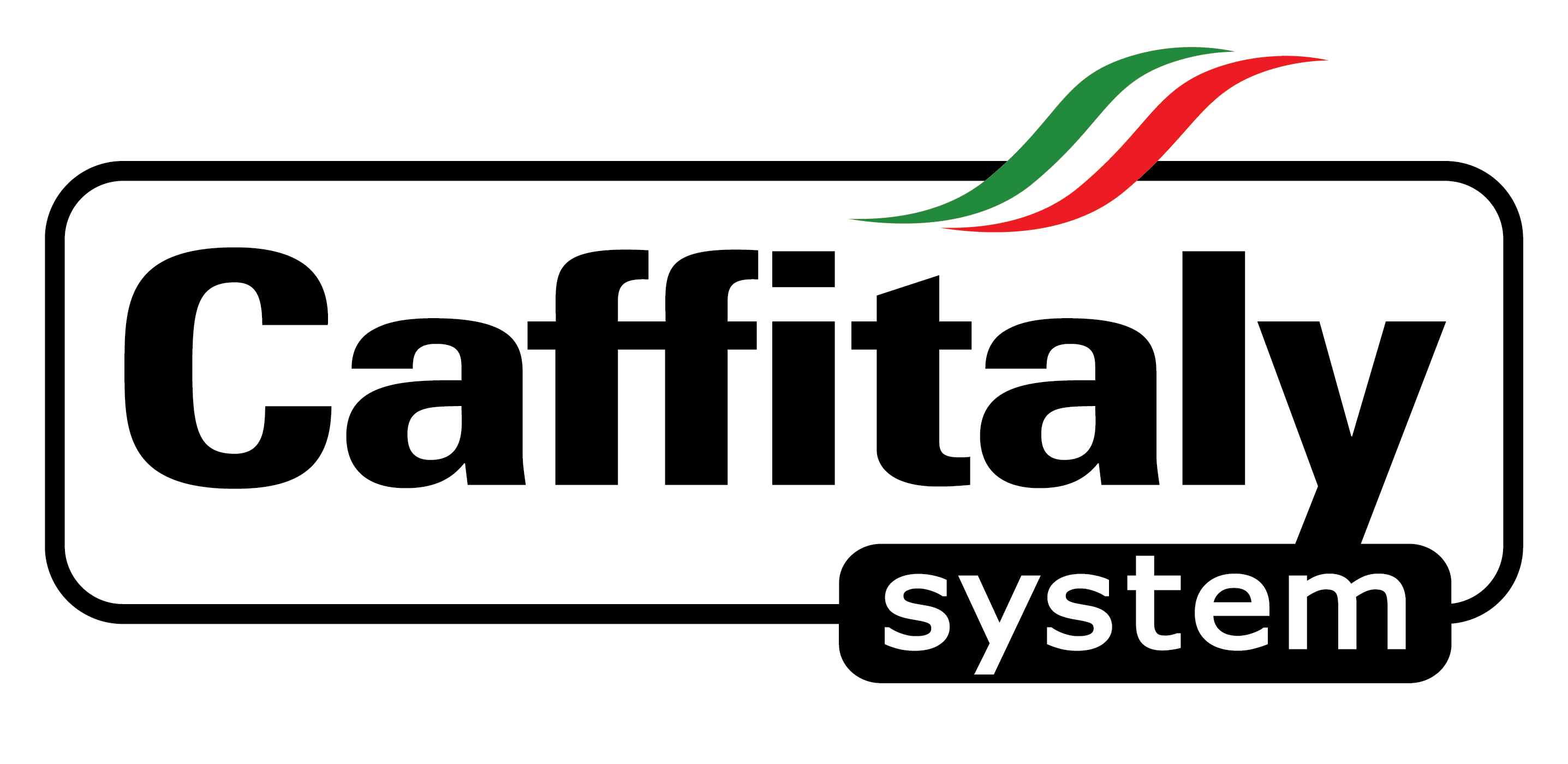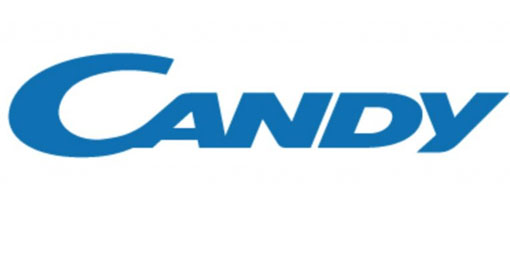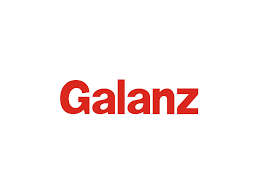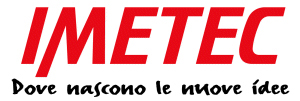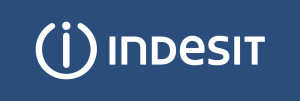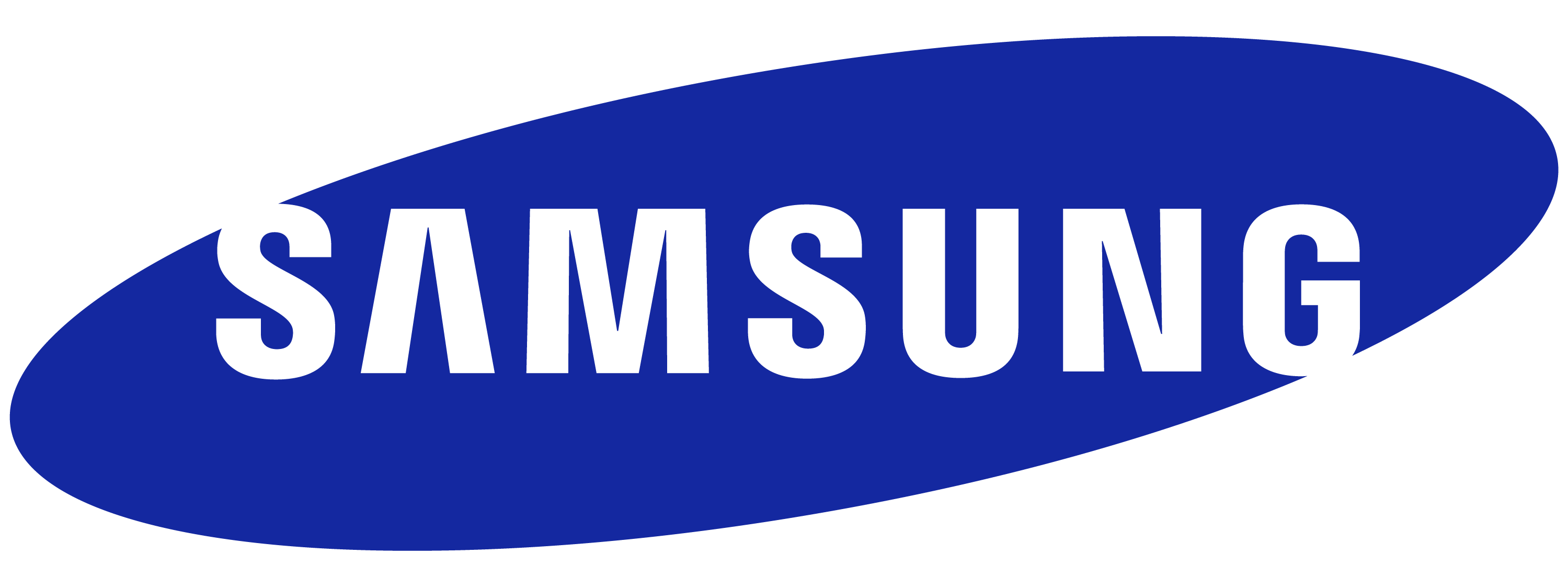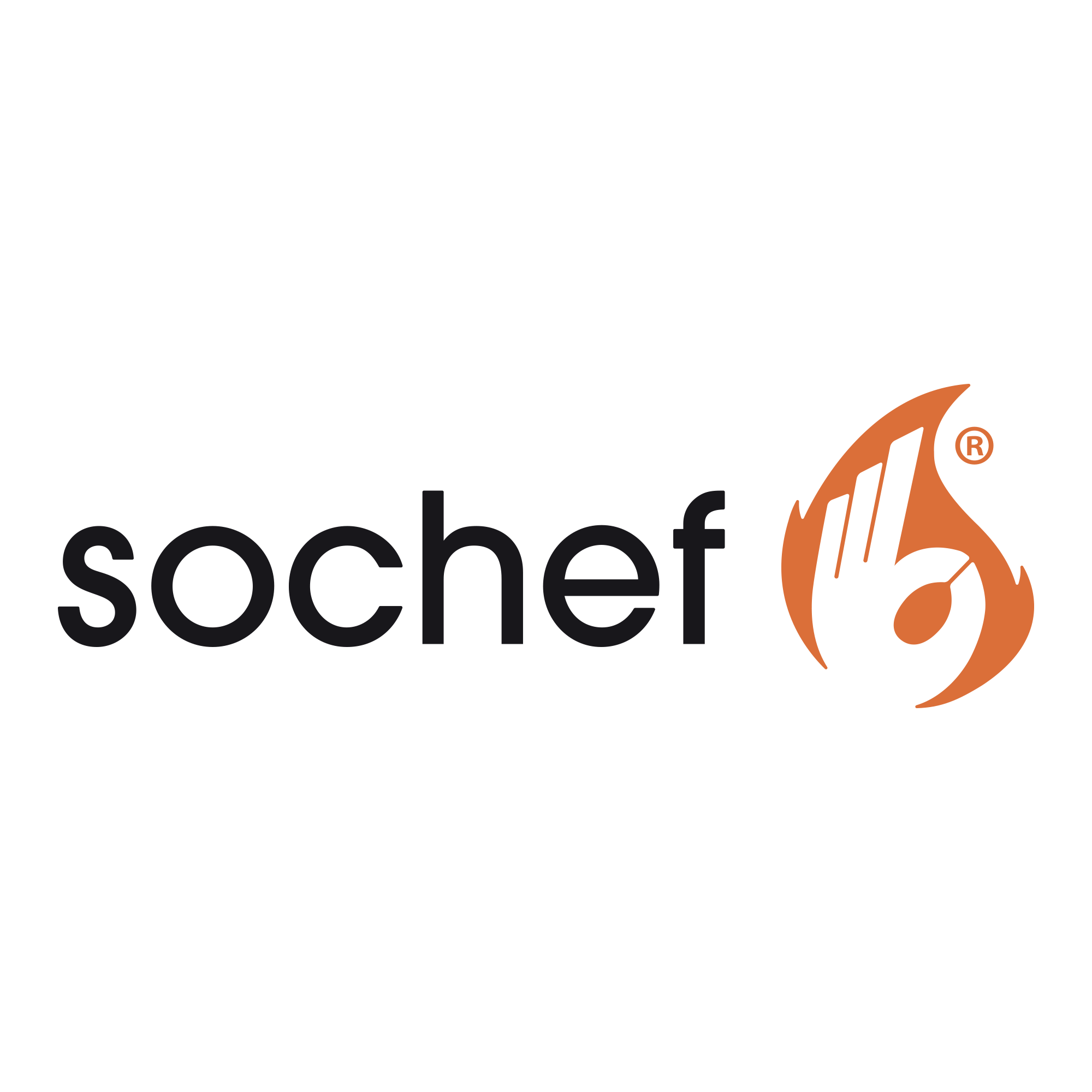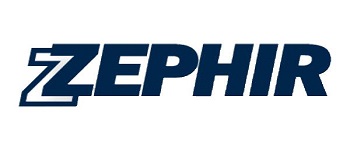Over-the-Counter Markets: What They Are and How They Work
Content
OTC derivatives are private agreements directly negotiated between the parties without the need for an exchange or other formal intermediaries. This direct negotiation allows the terms of the OTC derivatives to be tailored to meet the specific risk and return requirements of each counterparty, providing a high level over the counter exchange of flexibility. Traders also looked to the Pink Sheets, now known as OTC Markets Group, over a century ago as a paper-based system for trading unlisted securities.
Where Can I Find Information About OTC Trading?
With volatility and uncertainty, OTC markets may not suit all investment styles but have https://www.xcritical.com/ the potential to deliver outsized rewards to those who do their homework. Notably, Penny Stocks, shell companies, and businesses in bankruptcy are never traded on the OTCQX. Many companies that trade over the counter are seen as having great potential because they are developing a new product or technology, or conducting promising research and development. OTC Markets Group, the largest electronic marketplace for OTC securities, groups securities by tier based on the quality and quantity of information the companies report. “The top tier of the OTC market is pretty safe and chances are pretty good.
Q. What kinds of securities trade on OTC markets?
Over-the-counter (OTC) stocks are not traded on a public exchange like the New York Stock Exchange (NYSE) or Nasdaq. Additionally, the over-the-counter market can also include other types of securities. The Financial Industry Regulatory Authority regulates broker-dealers that engage in OTC trading. Stocks and bonds that trade on the OTC market are typically from smaller companies that don’t meet the requirements to be listed on a major exchange. The OTC Markets Group has eligibility requirements that securities must meet if they want to be listed on its system, similar to security exchanges.
The OTC markets: A beginner’s guide to over-the-counter trading
Other factors, such as our own proprietary website rules and whether a product is offered in your area or at your self-selected credit score range, can also impact how and where products appear on this site. While we strive to provide a wide range of offers, Bankrate does not include information about every financial or credit product or service. As with any investment decision, it’s important to fully consider the pros and cons of investing in unlisted securities. That’s why it’s still important to research the stocks and companies as much as possible, thoroughly vetting the available information.
How Do You Trade on OTC Markets?
Alpha is experimental technology and may give inaccurate or inappropriate responses. Output from Alpha should not be construed as investment research or recommendations, and should not serve as the basis for any investment decision. All Alpha output is provided “as is.” Public makes no representations or warranties with respect to the accuracy, completeness, quality, timeliness, or any other characteristic of such output. Please independently evaluate and verify the accuracy of any such output for your own use case. Known as the venture market, this market entails a moderate amount of oversight, and it shares some information with the SEC. Over-the-counter (OTC) trading occurs directly between two parties and can be centered around a broker-dealer that facilitates a transaction.
An over-the-counter (OTC) market is decentralize and where participants trade stocks, commodities, currencies, or other instruments directly between two parties, without a central exchange or broker. Alpha.Alpha is an experiment brought to you by Public Holdings, Inc. (“Public”). Alpha is an AI research tool powered by GPT-4, a generative large language model.
On the other hand, many OTC stocks are issued by highly speculative businesses or even outright fraudulent companies involved in pump-and-dump scams. An over-the-counter derivative is any derivative security traded in the OTC marketplace. A derivative is a financial security whose value is determined by an underlying asset, such as a stock or a commodity. An owner of a derivative does not own the underlying asset, in derivatives such as commodity futures, it is possible to take delivery of the physical asset after the derivative contract expires. Suppose you're an investor seeking high returns on your investments, so you're willing to dip into the OTC markets if you can find the right stock.
Many reputable mainstream brokers offer OTC trading, and you can find the best OTC broker for your needs right here on the investing.com website. Not really, other than an exchange, brokerage, or platform perhaps not allowing users or investors to trade OTC stocks or securities. In that case, investors can look for another platform on which to execute trades that does allow OTC trading.
OTC markets in the U.S. are regulated by the Securities and Exchange Commission (SEC). However, the securities traded on OTC markets are not subject to the same strict listing standards as major exchanges. Requirements around financial disclosures and reporting frequency tend to be less stringent. It's important to take their statements with a grain of salt and do your own research.
There are benefits of OTC securities, but consider the risks involved, and decide whether they align with your financial goals. OTC markets provide opportunities for bigger moves, but because of reduced regulation, the reverse could also happen, Soscia says. “Because there's less regulation, they're known to be targets of market manipulation where prices can be manipulated. It involves a lot of risk because you're buying typically less reputable securities.
- It may also be more difficult to buy and sell securities, and bid-ask spreads are often wider.
- Such information is time sensitive and subject to change based on market conditions and other factors.
- Today, the OTC Markets Group operates an electronic inter-dealer quotation system that facilitates trading of a wide range of domestic and international securities.
- Investors should exercise caution, especially with thinly traded penny stocks, as there is greater potential for fraud and manipulation.
- The fact that ADRs are traded over the counter doesn’t make the companies riskier for investment purposes.
- Some specialized OTC brokers focus on specific markets or sectors, such as international OTC markets or penny stocks.
Such information is time sensitive and subject to change based on market conditions and other factors. You assume full responsibility for any trading decisions you make based upon the market data provided, and Public is not liable for any loss caused directly or indirectly by your use of such information. Market data is provided solely for informational and/or educational purposes only. It is not intended as a recommendation and does not represent a solicitation or an offer to buy or sell any particular security. The adage “know before you invest” can be hard to live up to when it comes to non-reporting companies in the unlisted market. Before investing in OTC equities, research the company as much as possible and consult with your investment professional to make sure the investment is suitable for your financial profile.
For investors, this means getting in on the ground floor of potential high-growth stocks. OTC markets have less stringent listing requirements and disclosure rules. Companies on OTC markets do not need to meet the minimum standards for shares, market capitalization, or financial disclosure that the major exchanges mandate. While this means OTC markets offer access to emerging companies, investors take on more risk.
Learn how OTC trading works and what you should know before investing in OTC securities. The process of purchasing or selling over-the-counter (OTC) stocks can be different from trading stocks listed on the New York Stock Exchange (NYSE) or the Nasdaq. This is because OTC stocks are, by definition, not listed on the exchange. Purchases of OTC securities are made through market makers who carry an inventory of stocks and bonds that they make available directly to buyers. In the U.S., the majority of over-the-counter trading takes place on networks operated by OTC Markets Group. This company runs the largest OTC trading marketplace and quote system in the country (the other main one is the OTC Bulletin Board, or OTCBB).
Buying stocks through OTC markets can also provide the opportunity to invest in a promising early-stage company. Some companies may want to avoid the expense of listing through the NYSE or Nasdaq. While OTC markets offer greater flexibility and fewer barriers to entry than traditional exchanges, they also come with exceptional risks and challenges. Nevertheless, because OTC-traded securities are subject to less stringent reporting and disclosure requirements, investors may have limited access to reliable information about the companies they are investing in.
The SEC's Rule 15c2-11 plays a critical role in regulating the OTC markets by requiring broker-dealers to conduct due diligence on the issuers of securities before publishing quotations for those securities. OTC markets have a long history, dating back to the early days of stock trading in the 17th century. Before the establishment of formal exchanges, most securities were traded over the counter. As exchanges became more prevalent in the late 19th and early 20th centuries, OTC trading remained a significant part of the financial ecosystem.
FINRA Data provides non-commercial use of data, specifically the ability to save data views and create and manage a Bond Watchlist. Today, the OTC Markets Group operates an electronic inter-dealer quotation system that facilitates trading of a wide range of domestic and international securities. Look for stable or growing revenue and net income over the past few years. Examine the company’s cash position and debt levels to ensure financial stability.
Here's a rundown of how the over-the-counter stock markets work and the types of securities you might find on the OTC markets. We'll also discuss some other key information you should know before you decide whether OTC stocks are right for you. Founded in 1993, The Motley Fool is a financial services company dedicated to making the world smarter, happier, and richer. The Motley Fool reaches millions of people every month through our premium investing solutions, free guidance and market analysis on Fool.com, top-rated podcasts, and non-profit The Motley Fool Foundation. OTC Markets Group operates the OTCQX Best Market, the OTCQB Venture Market, and the Pink Open Market. Although OTC networks are not formal exchanges such as the NYSE, they still have eligibility requirements determined by the SEC.
They have always had a reputation for where you find the dodgiest deals and enterprises, but might also find future profit-makers among them. Options transactions are often complex, and investors can rapidly lose the entire amount of their investment or more in a short period of time. Investors should consider their investment objectives and risks carefully before investing in options. Refer to the Characteristics and Risks of Standardized Options before considering any options transaction. Supporting documentation for any claims, if applicable, will be furnished upon request.
